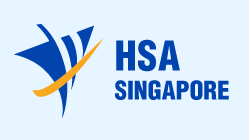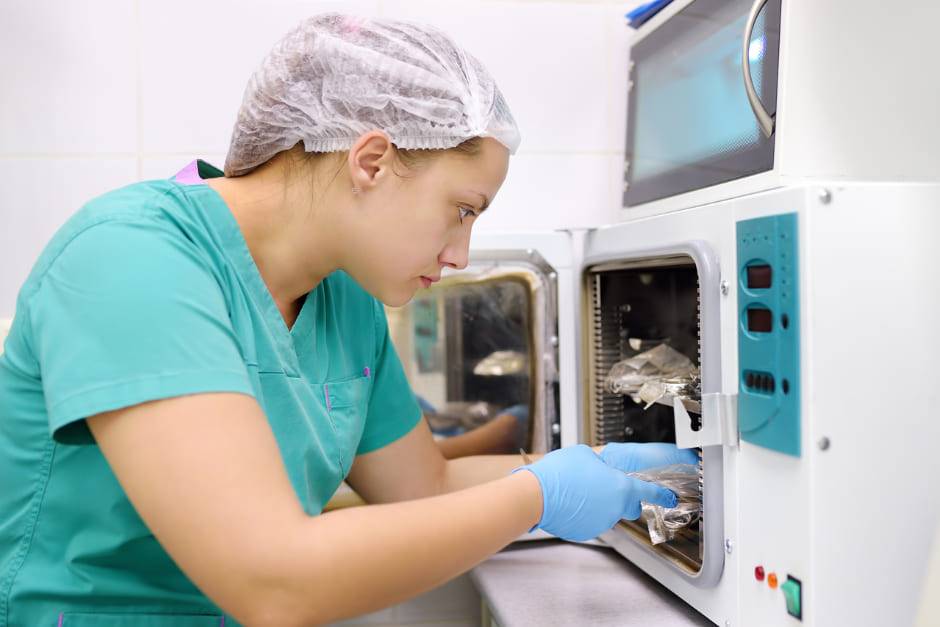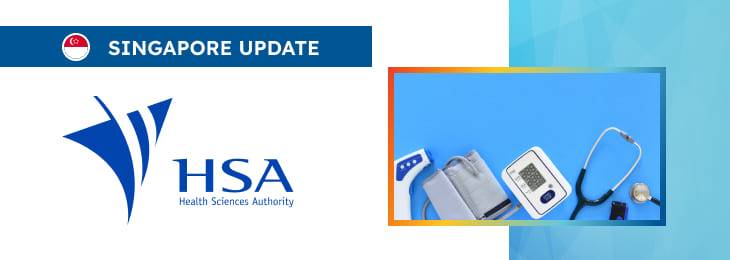The new article describes in detail the approach to be followed when applying for registration and marketing approval for Class A and B medical devices.

Table of content
The Health Sciences Authority (HSA), Singapore’s regulating authority in the sphere of healthcare products, has published a revised guidance document dedicated to medical device product registration.
The document is intended to provide additional clarifications and recommendations to be considered by medical device manufacturers and other parties involved to ensure compliance with the existing legal framework.
At the same time, the authority reserves the right to make changes to the guidance, should such changes be reasonably necessary to reflect corresponding amendments to the underlying legislation.
Regulatory Framework for Class A Medical Devices
First, the authority provides additional clarifications regarding how Class A medical devices should be placed on the market.
As explained by the authority, the regulatory landscape in Singapore requires that all medical devices, including In Vitro Diagnostic (IVD) medical devices, be registered with the HSA before they are marketed unless they are exempted under the Regulations.
However, it is essential to note that even exempted medical devices are still subject to regulation under the Health Products Act and Regulations and other applicable legislation.
Class A medical devices, in particular, are exempted from product registration. Despite this exemption, they must adhere to the Essential Principles for Safety and Performance specified in the Regulations before their market placement in Singapore.
The responsibilities and obligations under Part VIII of the Act still apply to the dealers of such devices, and the manufacture, import, supply, storage, presentation, and advertisement of these Class A medical devices remain governed by the Act and Regulations.
Class A medical devices specifically designed for use with a registrable medical device within a closed system and included during the product registration of that system should be listed on the Singapore Medical Device Register (SMDR) following the successful registration of the medical devices of the closed system.
An example of this could be reusable surgical instruments with an implant system. If there are changes to the listing information of such Class A devices on the SMDR, a Change Notification submission is required.
These changes may be submitted along with other modifications to registered medical devices of the closed system. Such Class A devices can be listed under the Class A Medical Device Database.

Grouping Requirements for Product Registration
The registration process for medical devices in Singapore is structured to include specific grouping requirements.
Each product registration application must contain only one grouping of medical devices as prescribed in the guidance documents GN-12-1 and GN-12-2.
These documents provide the general and device-specific grouping criteria, respectively.
The potential groupings for medical devices could range from a single medical device to more complex classifications like medical device families, systems, test kits, IVD clusters, groups, dental grouping terms (DGT), and device-specific groupings for products like hearing aids, IHC IVD reagents, FISH probes IVD reagents, or IVF media.
Special Considerations for Certain Device Types
The regulatory framework in Singapore also provides additional guidelines for specific types of medical devices.
These include Telehealth medical devices, devices intended to modify appearance or anatomy (primarily for aesthetic-related purposes), and 3D-printed medical devices.
The guidelines for these specific types of devices are outlined in separate regulatory documents, namely the Regulatory Guideline for Telehealth Products, the Regulatory Guideline for Devices for Modification of Appearance or Anatomy, and the Regulatory Guideline for 3D-printed Medical Devices.
These documents provide device-specific information addressing these products’ unique aspects and regulatory considerations.
Registration of Class B Medical Devices – Evaluation Routes and Criteria
The document further describes the approach to be followed for Class B products. According to the guidance, the registration of Class B medical devices in Singapore is subject to the three primary evaluation routes: the Full Evaluation Route, the Abridged Evaluation Route, and the Immediate Class B Registration (IBR) Evaluation Route.
These routes are designed based on the prior evaluations and approvals of the medical devices in the Global Harmonization Task Force (GHTF) founding member countries, which include Australia, Canada, the European Union, Japan, and the United States of America.
The abridged and immediate evaluation routes follow a confidence-based approach, leveraging approvals from medical device reference regulatory agencies and/or a prior safe marketing history.
For instance, devices that have obtained a registration license from regulatory agencies such as the Australian Therapeutic Goods Administration (TGA), Health Canada (HC), Japan Ministry of Health, Labour and Welfare (MHLW), US Food and Drug Administration (FDA), or European Union Notified Bodies (EU NB) may qualify for these streamlined routes.
In such a way, the authority intends to reduce the regulatory burden faced by the parties interested in placing their products on the country’s market.
The Full Evaluation Route applies to medical devices that have not received prior approval from reference regulatory agencies at the time of application. On the other hand, the Abridged Evaluation Route is suitable for devices that have already obtained at least one reference regulatory agency approval for a labelled use identical to that intended for marketing in Singapore.
The Immediate Class B Registration (IBR) Evaluation Route offers an expedited pathway for Class B medical devices that meet specific conditions, such as having approval from one of the independent reference regulatory agencies for an identical labeled use, a minimum of three years of safe marketing in the agency’s jurisdiction, and no global safety issues associated with the device.
The IBR route is also available for standalone medical mobile applications if they meet similar conditions.
Submission Requirements and Application Processing
For the registration of Class B medical devices, all information and documents must be compiled in the ASEAN Common Submission Dossier Template (CSDT) format. This requirement is further elaborated in the guidance documents GN-17 and GN-18, which provide detailed instructions on preparing a product registration submission for general and IVD medical devices, respectively.
Annex 5 of these documents summarizes the submission requirements and addresses the need for additional clinical data in cases where the product’s intended use goes beyond its inherent performance.
The processing of applications for the Full and Abridged Evaluation Routes involves an immediate charge of an application fee upon submission via the Medical Device Information & Communication System (MEDICS).
The application dossier is then verified for eligibility and completeness before acceptance for evaluation.
If an application does not qualify for the selected route, it must be re-routed to the correct evaluation path, and respective evaluation fees will apply.
For applications under the IBR Evaluation Route, the medical device is registered immediately upon successful submission and listed on the SMDR within an hour, with an email notification sent within 48 hours of submission.
It is vitally vital for applicants to ensure that all eligibility criteria are met and that all required information is entered correctly and accurately, as any non-compliance could result in the cancellation of the registration without a refund of fees.
Upon registration, the HSA may impose additional registration conditions based on the intended use of the medical device by the product owner.
Conclusion
The present guidance describes the approach to be followed when applying for marketing approval for Class A and B medical devices.
The document explains the key points associated with the applicable evaluation routes and provides additional clarifications to consider.
How Can RegDesk Help?
RegDesk is an AI-powered Regulatory Information Management System (RIMS) designed to simplify global compliance for medical device companies. With regulatory intelligence covering 120+ markets, RegDesk helps you prepare and publish global submissions, manage standards, conduct impact assessments, and stay ahead of regulatory changes all from a single, centralized platform. Expanding into new markets has never been easier.

